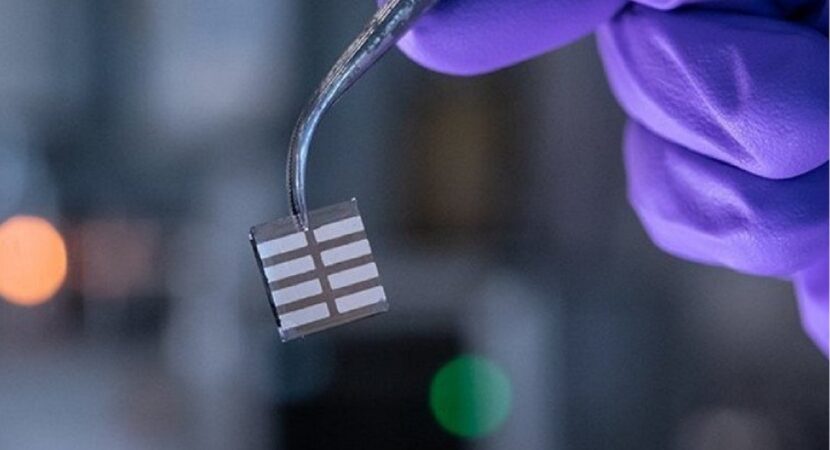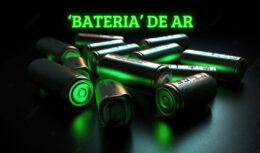
The new material capable of converting sunlight into solar energy and generating clean electrical energy is sodium bismuth sulfide, cultivated in the form of nanocrystals
Some researchers have discovered materials capable of capturing sunlight at levels higher than those of conventional silicon solar cells and which generate the energy but with a thickness 10.000 times smaller, which generate clean electrical energy. The new material discovered is sodium bismuth sulfide (NaBiS2), which is grown in the form of nanocrystals and then dispersed in a solution, which can be applied to make films 30 nanometers thick.
The new material that generates solar energy is composed of non-toxic elements that are present in abundance in the earth's crust for commercial use. Bismuth-based compounds are already widely used as lead replacements in solders for over-the-counter stomach medications.
“We discovered a material that converts sunlight into solar energy with more power than traditional solar cell technologies and can be printed from an ink. This new material that converts sunlight has the potential to make lightweight solar cells that can be easily transported or used in aerospace applications,” according to Yi-Teng Huang of the University of Cambridge, UK.
Material capable of converting to solar energy can be used in another way
Cells capable of transforming themselves into solar energy, made of carbon-based polymers, can also be used in the form of paint and can form thin coatings. However, they still suffer from durability issues. Silicon solar panels, on the other hand, remain thick and heavy.
The researchers also found that NaBiS2 remained stable in ambient air throughout the entire 11-month study period without the need for encapsulation, which is in stark contrast to other new photovoltaic materials such as lead halide perovskites. . This fact means that the long-term durability of the material that generates clean solar energy is a fundamental requirement for commercial solar cells.
Furthermore, the team found that there are two critical factors in explaining the strong light absorption of sodium bismuth sulfide. These are: the effects of crystalline disorder and the role of sodium.
The sodium and bismuth ions in NaBiS2 are similar in size, which means that, rather than occupying different crystallographic sites, they occupy the same site. As a result, the structure of crystalline solar energy material changes to rock salt, a substance similar to table salt (sodium chloride).
However, sodium and bismuth are not uniformly distributed in the material, and this inhomogeneity has a significant effect on the intensity of sunlight absorption. Some of the similar effects were found in current work on the similar compound AgBiS2, however NaBiS2 has a stronger and sharper onset of light absorption. solar, since sodium, unlike silver, does not contribute to the electronic states around the semiconductor band gap. Thus, there is a greater concentration of electronic states available for absorbing sunlight.
“Clutter has long been seen as the enemy of sunlight cells, known to kill efficiency in conventional solar materials like silicon (Si), cadmium telluride (CdTe) and gallium arsenide (GaAs), researchers typically focus on preventing it at all costs. This work, along with other recent studies from ours and other groups, show that this is not necessarily the case.”












Air Force F-16 fighters…
True friend, what they shot down were…
Air Force F-16 fighters…
I would like to know what planet you live on…
Air Force F-16 fighters…
Everything is fine, 100-year secrecy,…
Air Force F-16 fighters…
Well... It's flying scrap... Typical...
Air Force F-16 fighters…
Which genocide are you talking about? Than…
Good evening, I'm a bricklayer, how do I do…
In China there is a dictatorship that…
I'm an electrician and my wife has a degree...
Yes, I would buy it. The price expectation is…
This train was a 4,5…
That's it, Brazil, forward and...
I'm interested in going to work there, if...
I didn't know about this news